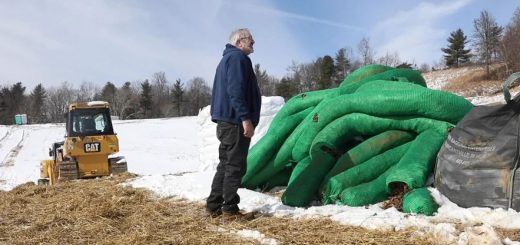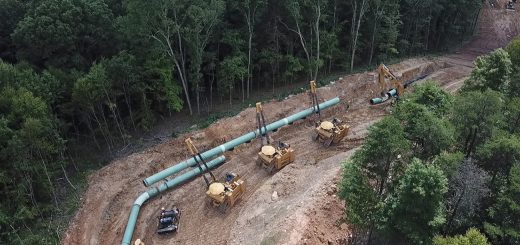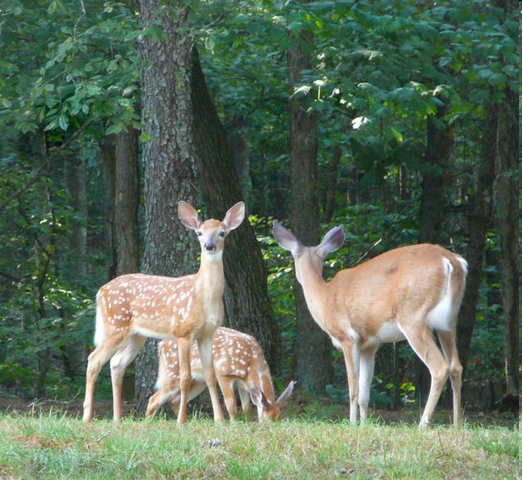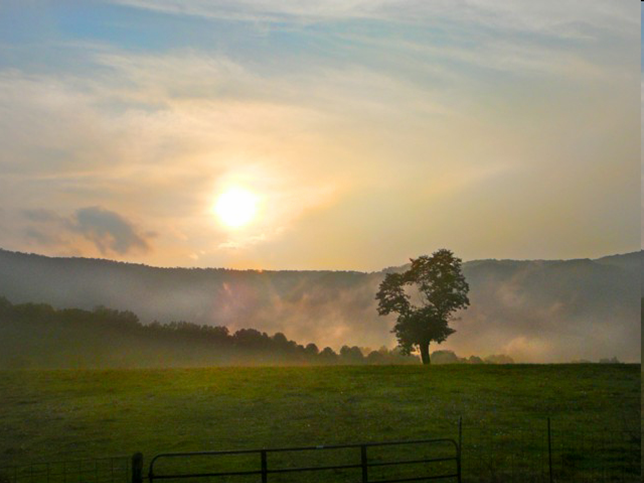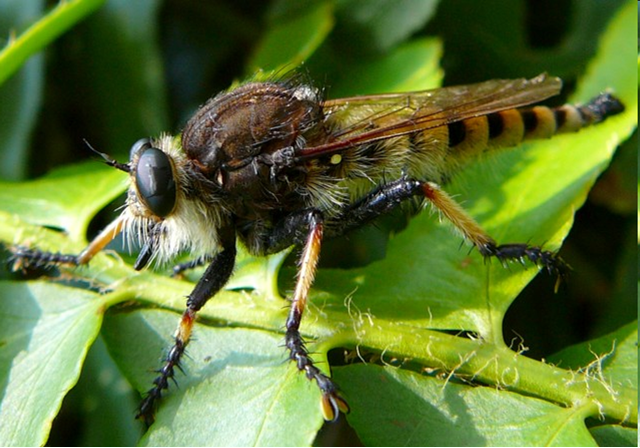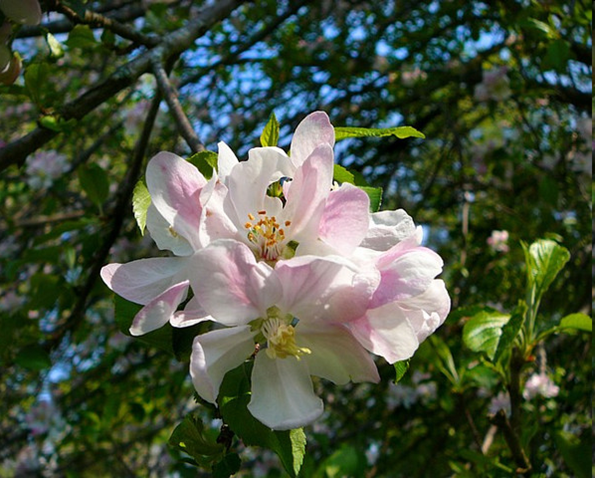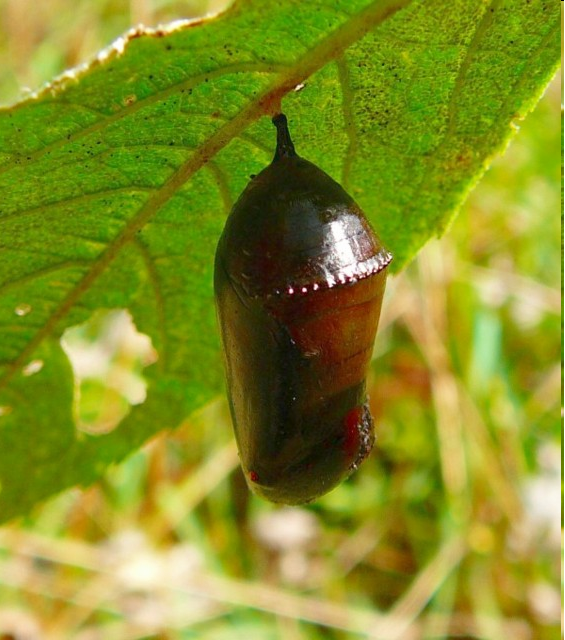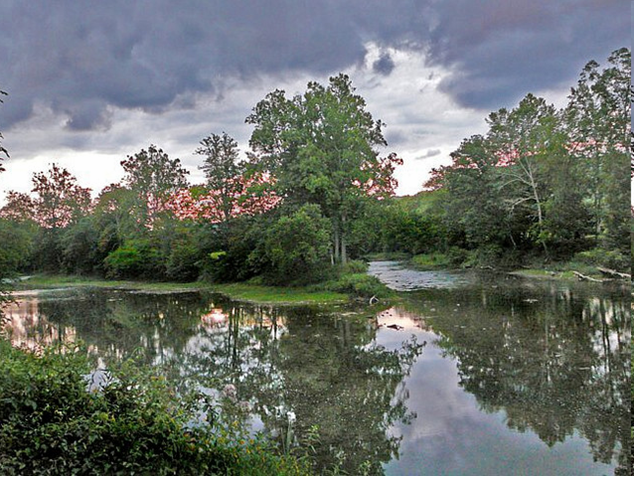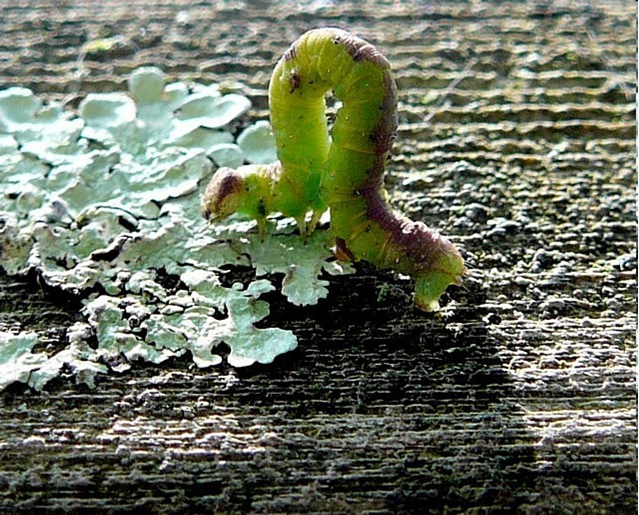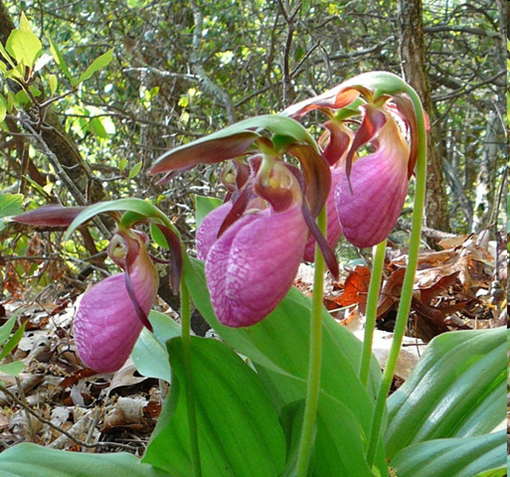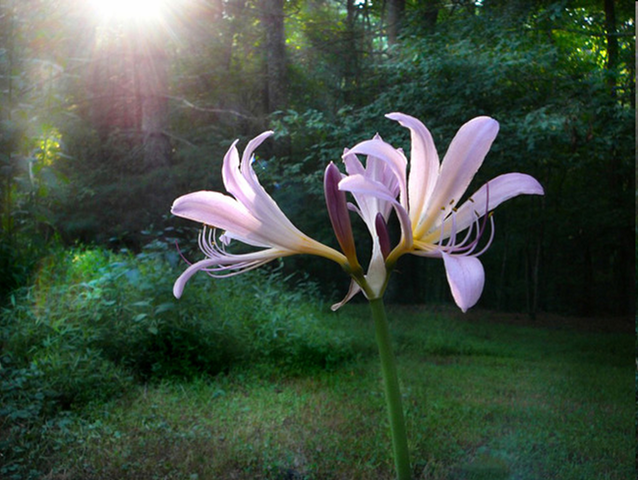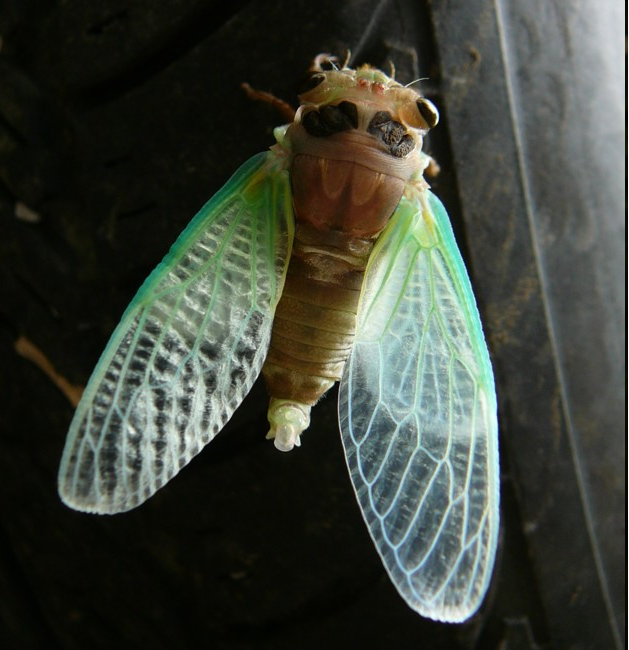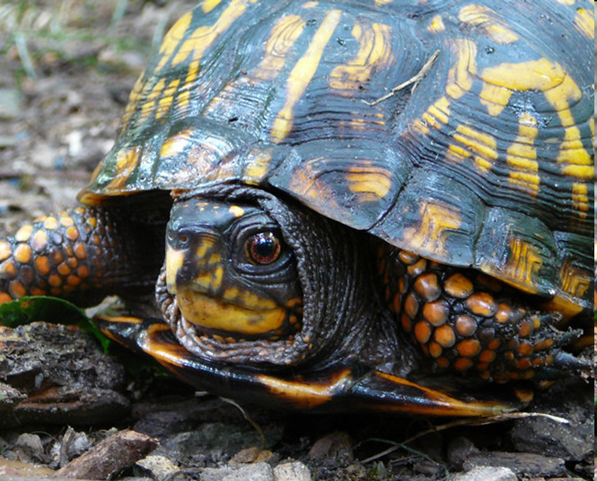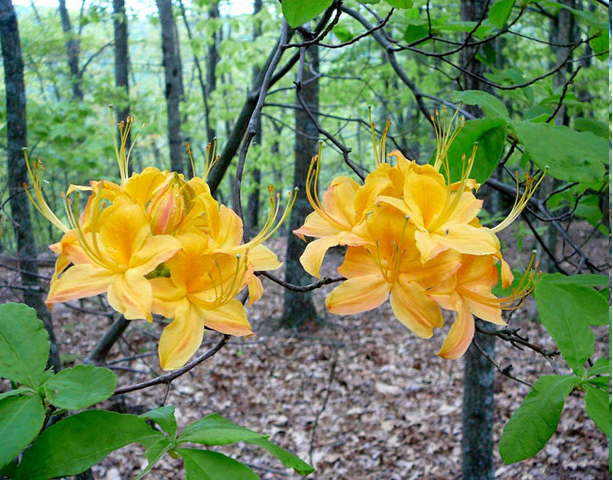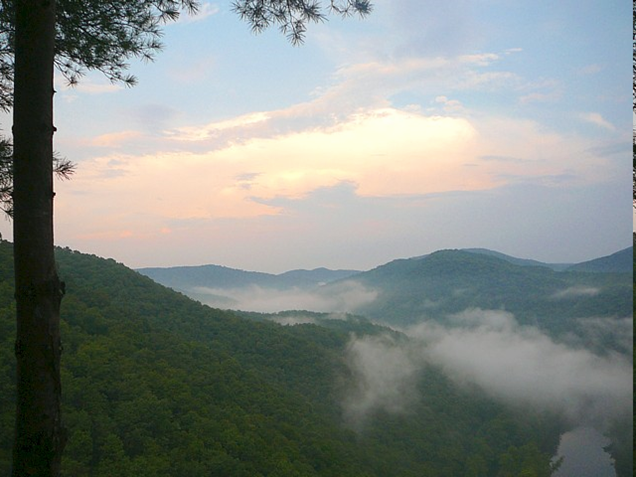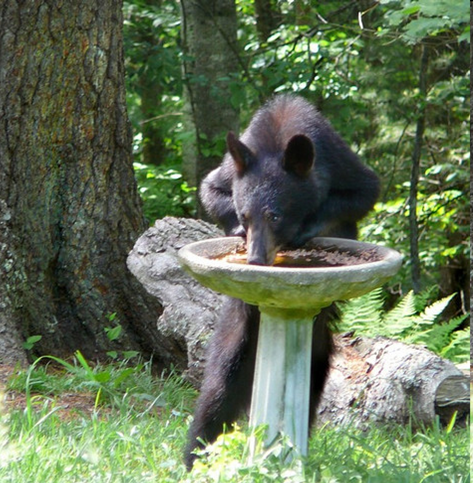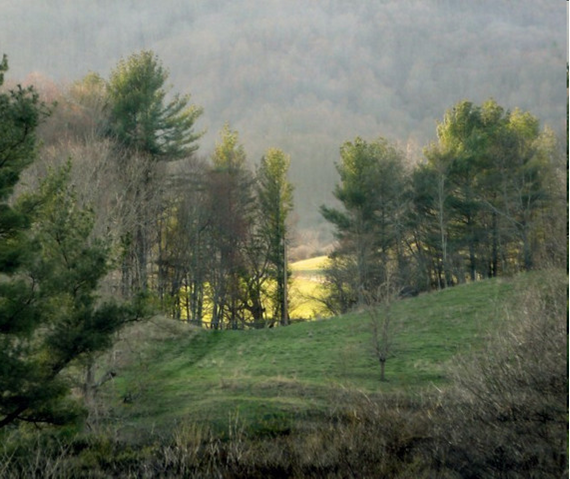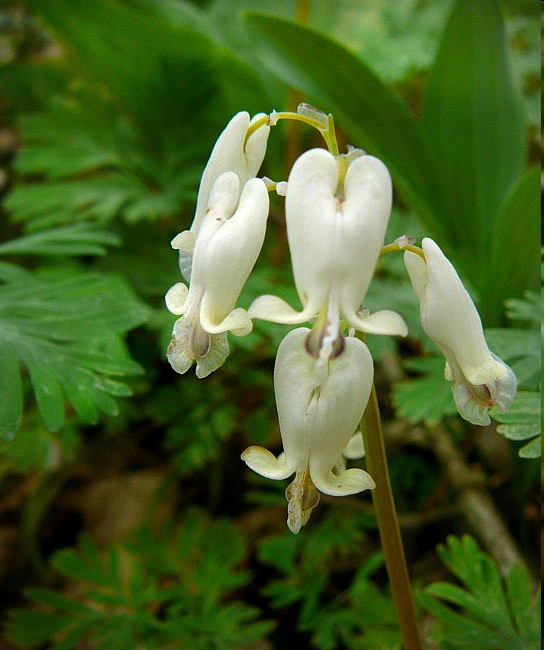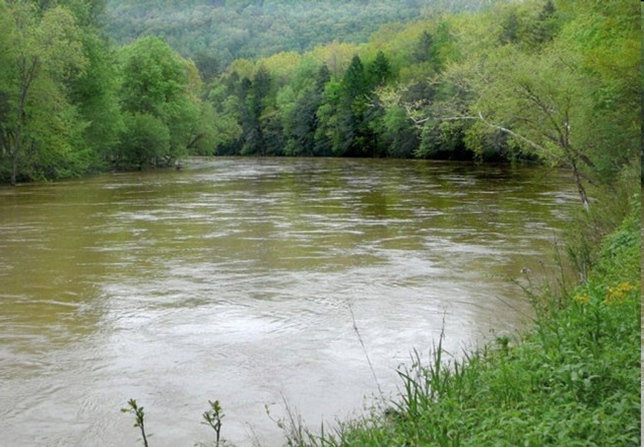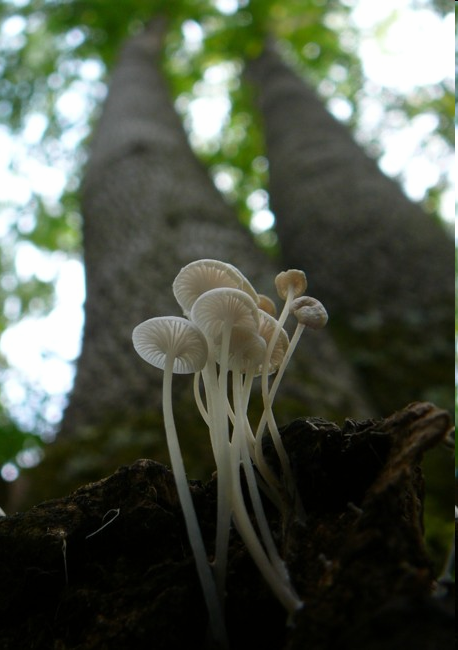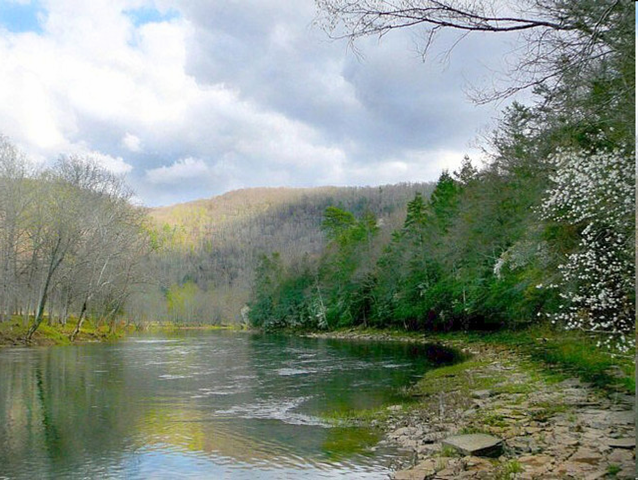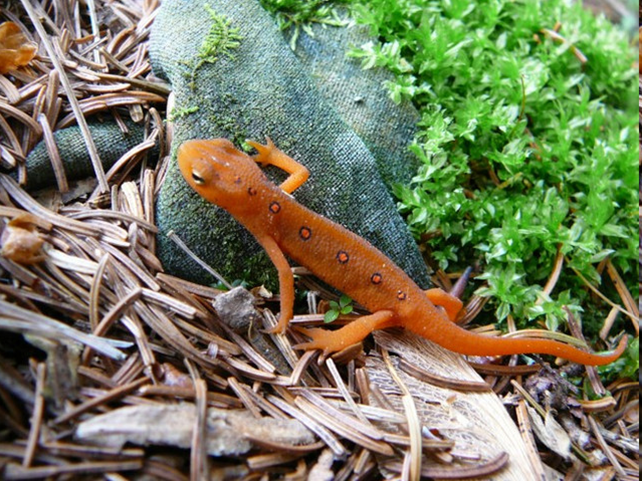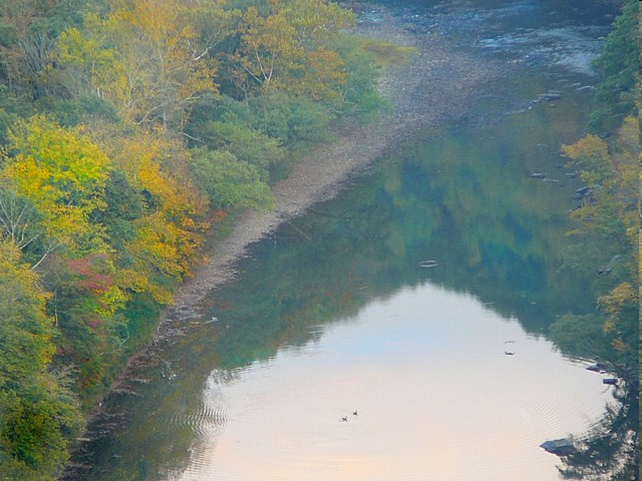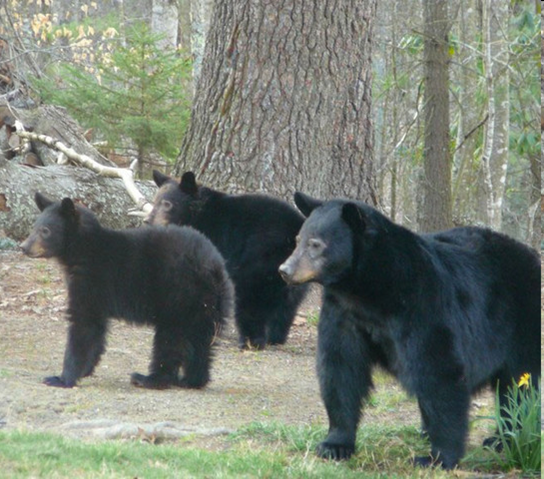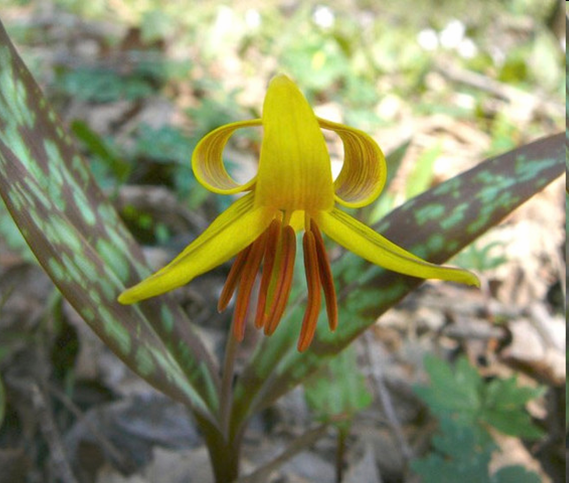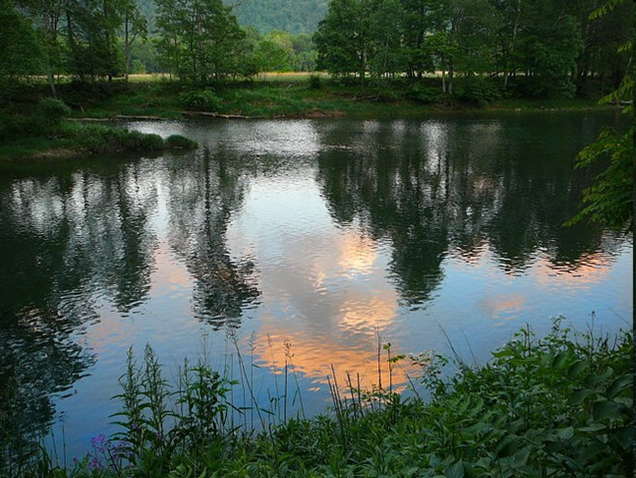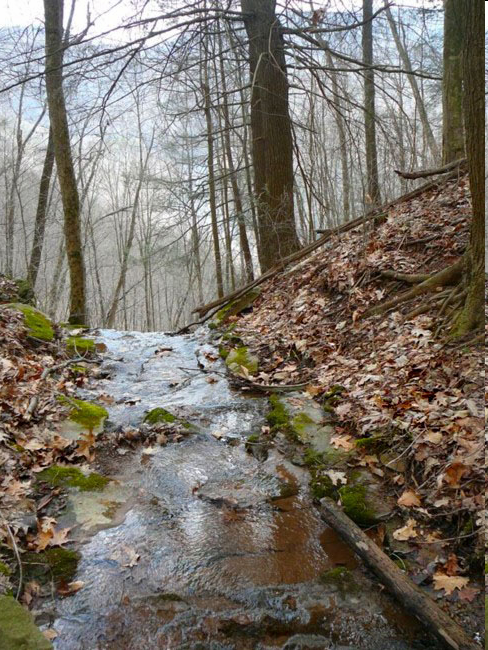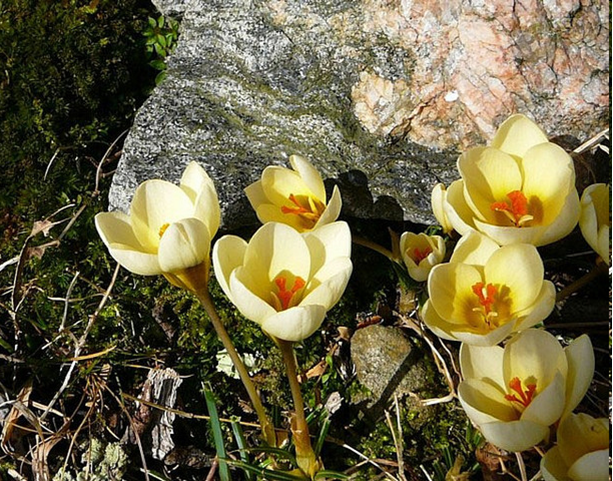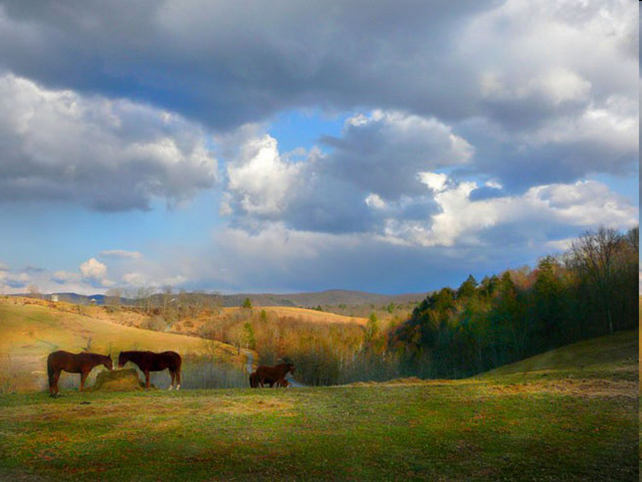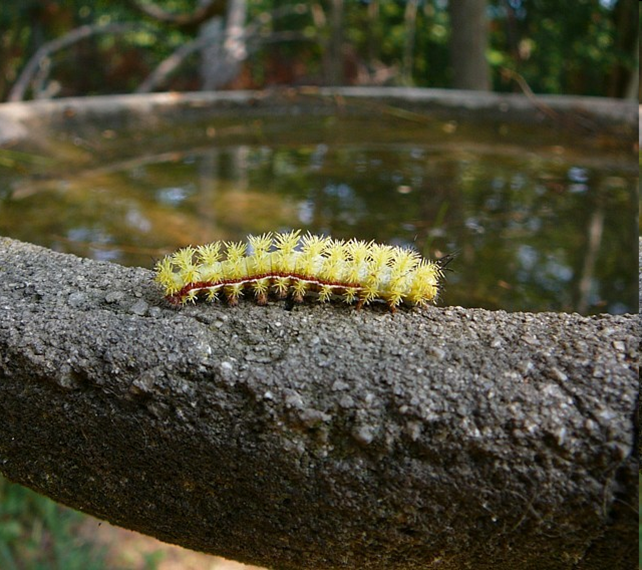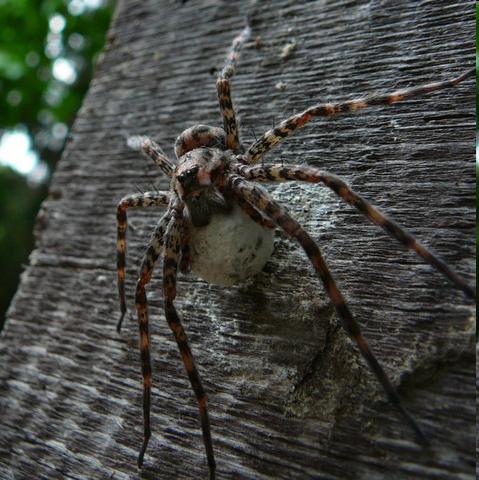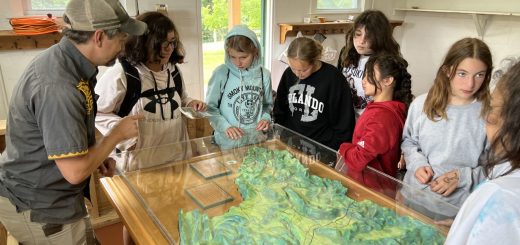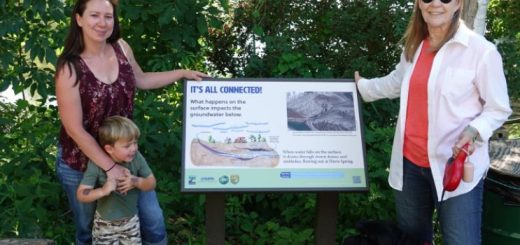Addressing climate change in West Virginia
by: Abigail Lawhead
Posted: Jun 28, 2019 / 04:51 PM EDT / Updated: Jun 28, 2019 / 07:45 PM EDT
MORGANTOWN, W.Va. – According to the West Virginia Center of Climate Change (WV3C), the climate change crisis is negatively impacting West Virginians at an alarming rate.
Addressing the Economic Impact
A common misunderstanding most West Virginians have with climate change is that it’s negatively impacting our state at a bigger level than we’re aware of.
West Virginia relies heavily on its outdoor recreation and tourism economy with its whitewater rafting, skiing, rock climbing, hunting and fishing opportunities.
Climate change could threaten West Virginia’s recreation economy due to the severe changes in weather and disrupting ecosystems.
According to the United States Environmental Protection Agency, warmer temperatures allow deer populations to increase, leading to a loss of forest underbrush, which, in turn, makes some animals more vulnerable to predators.
Rising temperatures is impacting the fishing industry since fish cannot regulate their body temperatures, and the warmer water is making fish populations move up north to acquire cooler water.
With warming temperatures in the winter, driven by climate change, is impacting the winter sports industry because they’re not getting as much snow.
“If we start to lose our natural beauty because of climate change, we’re going to starting losing tourism and it’s going to be a huge hit to West Virginia.”Logan Thorne, Project Director of West Virginia Center on Climate Change
Climate Change and Human Health
According to WV3C, economic, physical, and mental injuries from climate change and extreme weather – as well as the deadly political and national security impacts of global disease, food scarcity, and forced migration – can threaten human health.
Higher temperatures and increased frequency of heat waves may
increase the number of heat-related deaths and the incidence of
heat-related illnesses.
The United States Environmental Protection Agency states that warmer temperatures could increase tick-borne diseases in West Virginia, such as Lyme Disease.
What could be done to help this climate change crisis? The WV3C is having a free public event on Saturday, September 21 from 9:30 a.m. to 3:00 p.m. to discuss climate change and human health.


